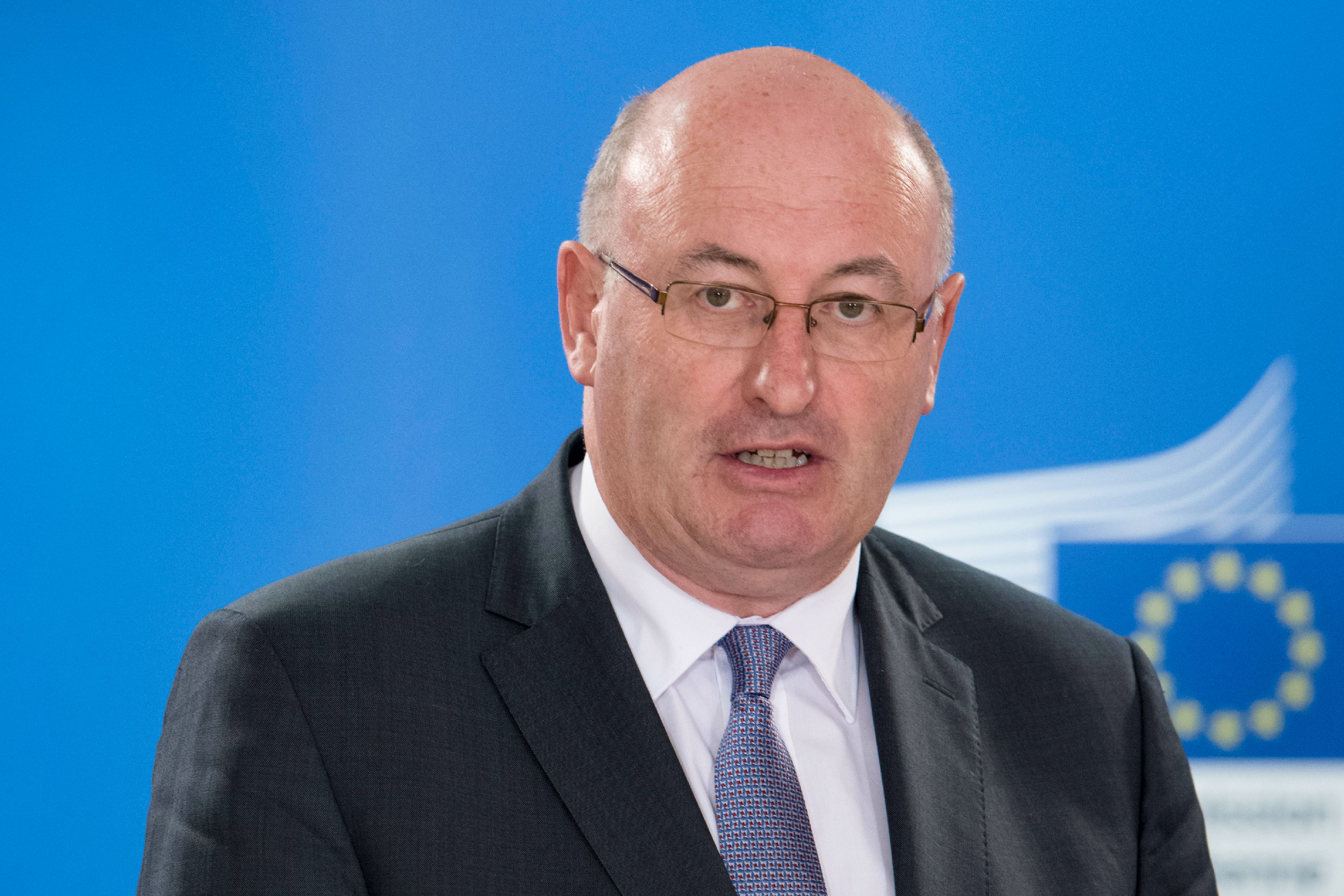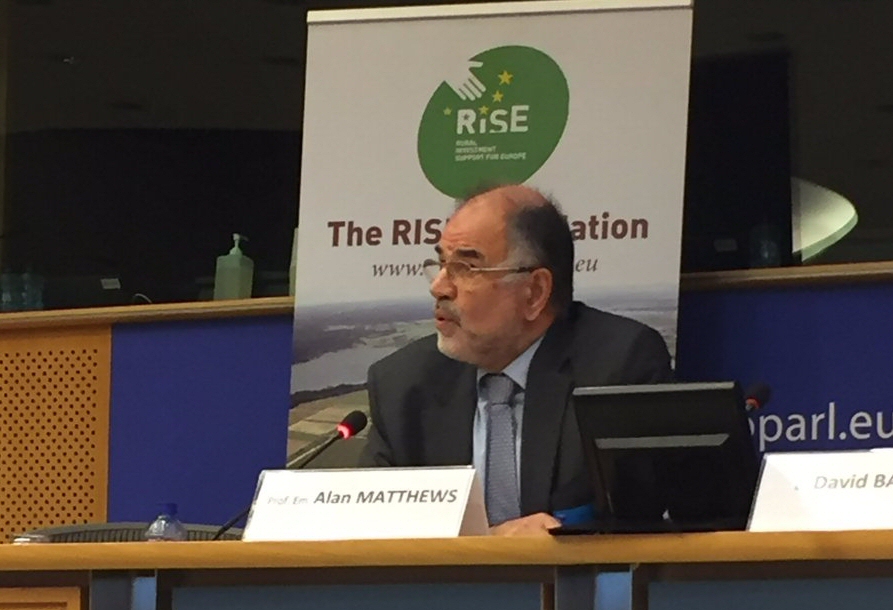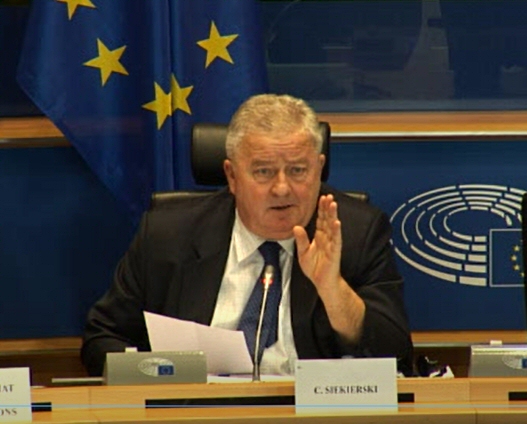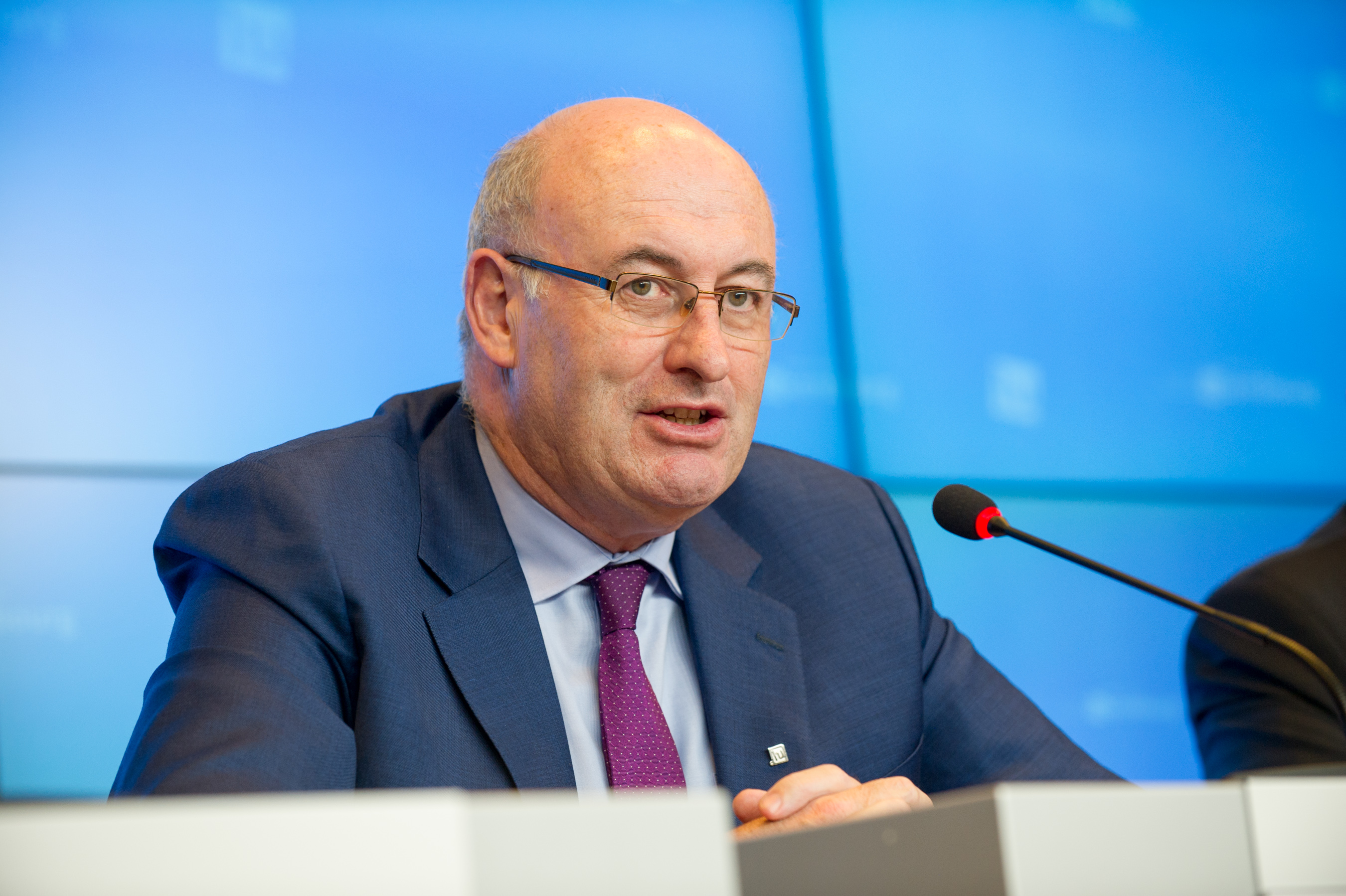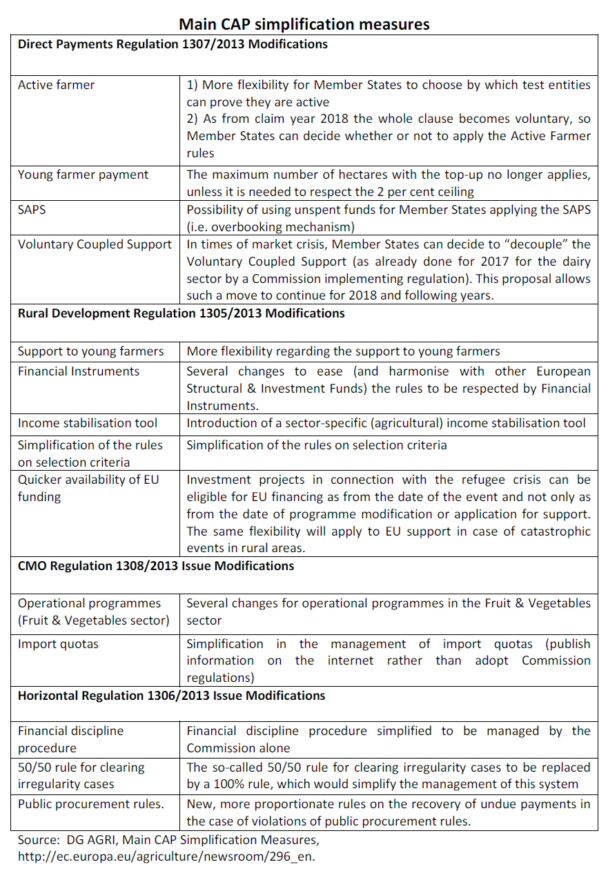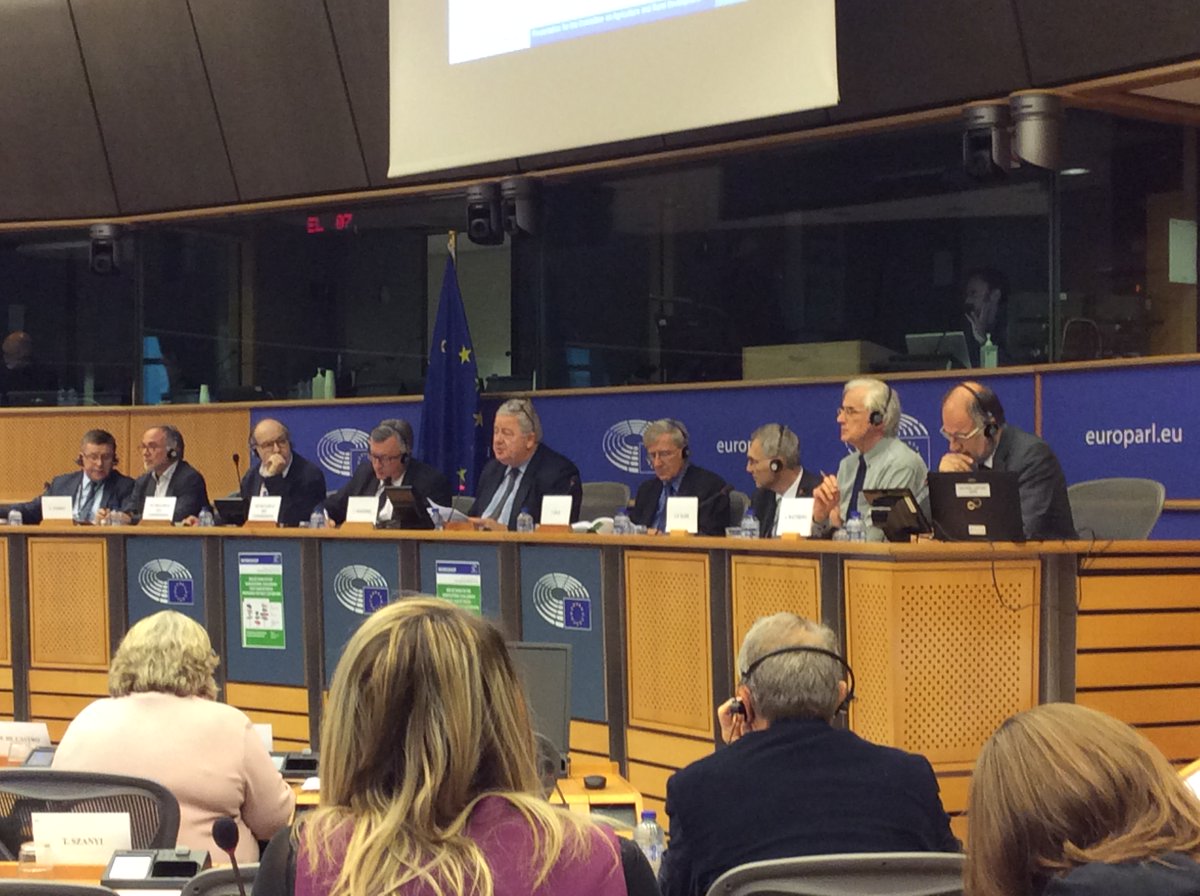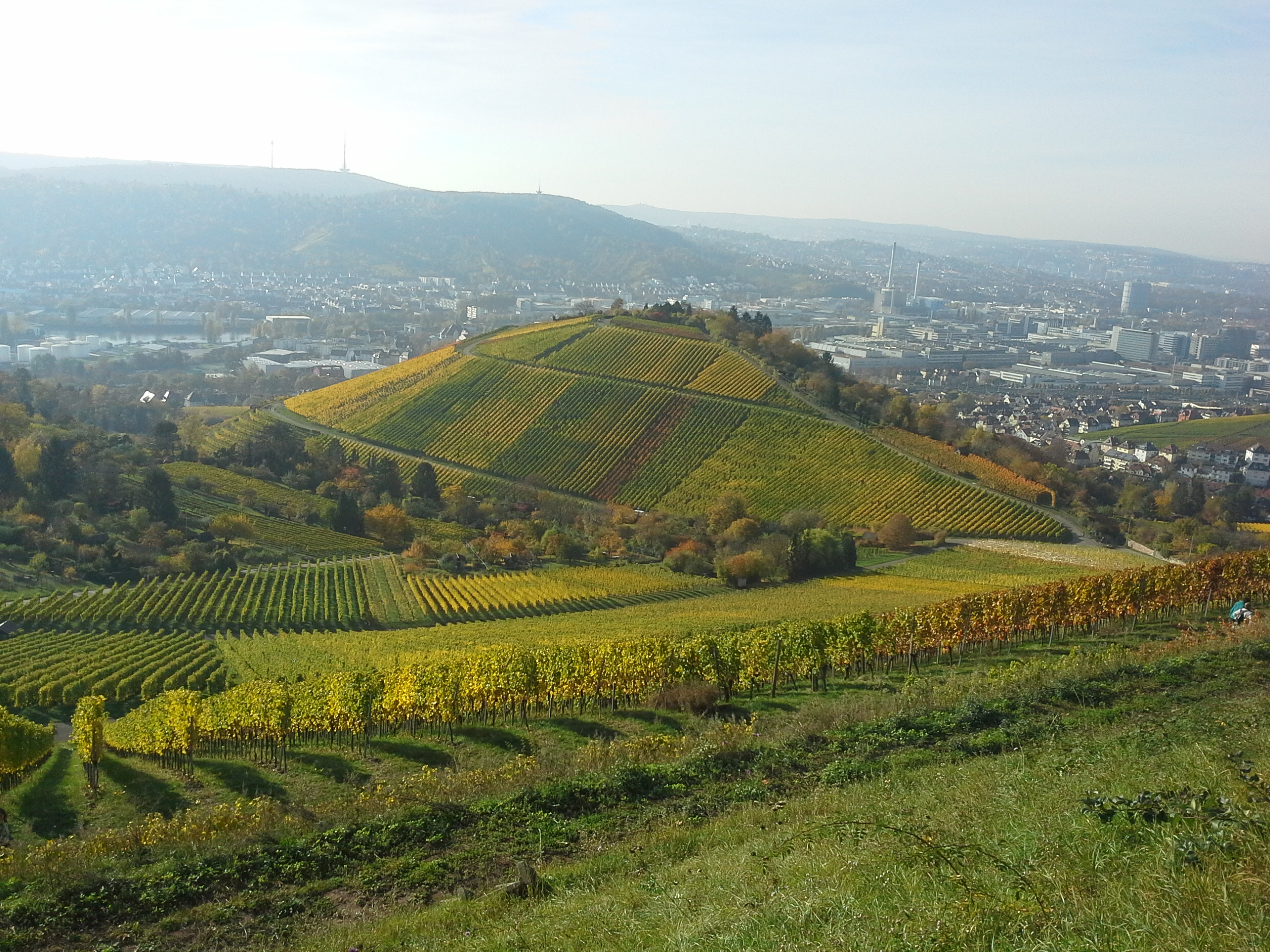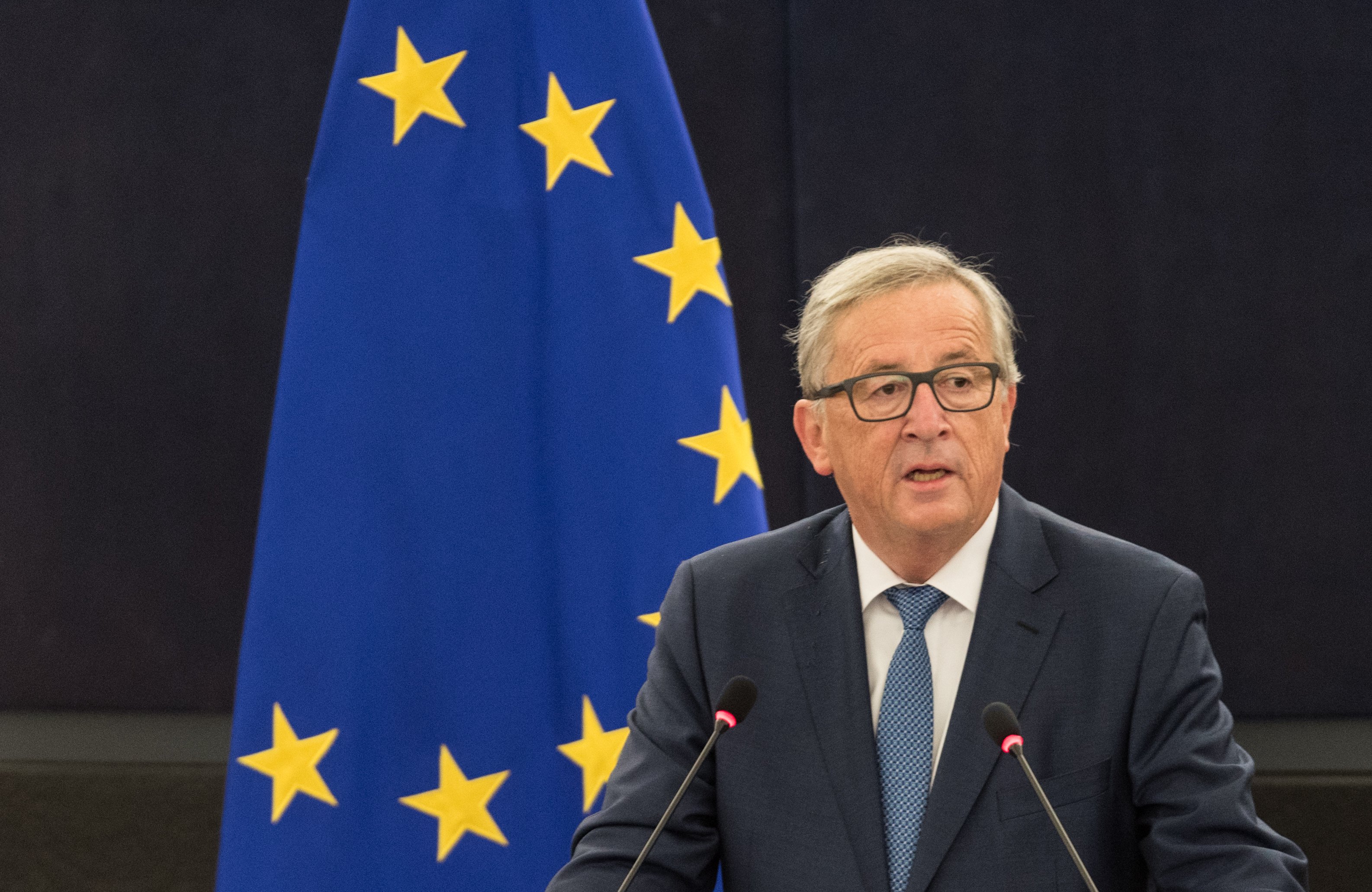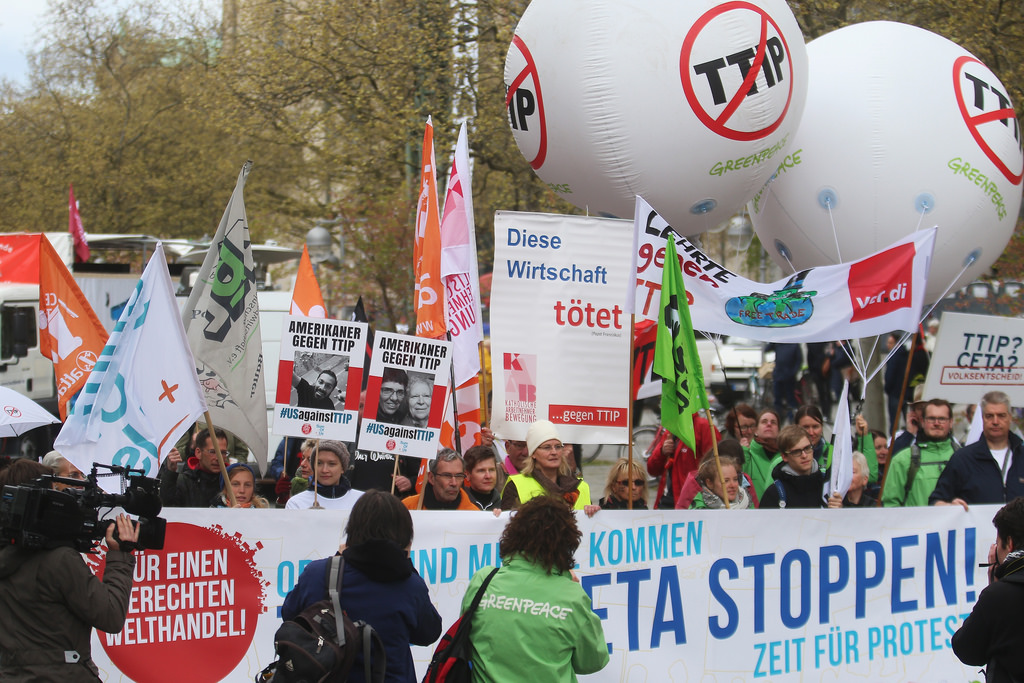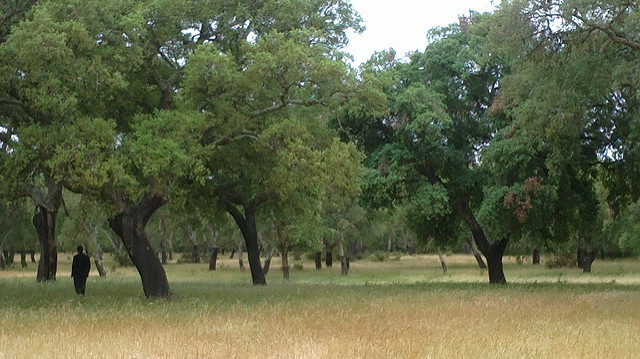The COMAGRI rapporteur on the agricultural articles of the Omnibus Regulation Paolo de Castro (the other proposed co-rapporteur Albert Dess having at least temporarily dropped out of sight) has now circulated his Draft Opinion containing proposed amendments to the Committee to be debated later this month. The Omnibus Regulation (which is actually a proposal for a Regulation on the financial rules applicable to the general budget of the Union but as well amends a number of sectoral regulations) is the first opportunity to make changes to the CAP basic acts since the 2013 CAP reform was concluded.
In this previous post, I reported on the contributions made during the first debate on the Omnibus Regulation in COMAGRI in December last year. Here, the tone from the principal political group spokespersons was sober and measured, with speakers emphasising that the Committee should adopt a narrow interpretation of its powers to amend the proposal, keeping in mind that its purpose is to deliver simplification of the CAP both for managing authorities and for farmers. It was not intended to be a ‘reform of the reform’ but rather a ‘correction’. However, at the end of that post I wondered aloud how COMAGRI members would interpret the notion of a ‘correction’ of the reform.
There are in fact some quite significant amendments proposed in De Castro’s report. They cover greening, risk management, the active farmer rules, supply chain relations, market management and rural development. In this post, I provide a summary of the main issues which will be debated by the full COMAGRI later this month.
Proposed changes to the greening payment
The main changes proposed are designed to increase the exemptions for crop diversification and to expand flexibilities for what can be counted towards Ecological Focus Areas (EFAs).
Crop diversification. Amendment 43 proposes to increase the exemption for arable areas from 10 hectares to 15 hectares (that is, only when the arable land of the farmer covers between 15 and 30 hectares must at least two different crops be grown on that arable land). This amendment is justified as aligning the thresholds for the application of crop diversification with the existing thresholds for EFAs.
Ecological focus areas. Three significant amendments are proposed to EFAs.
– Amendment 48. The requirement that, for holdings with more than 15 ha of arable land, at least 5% of the arable land of the holding should be managed as an EFA would only apply to the arable area above 15 ha and not to all the arable area as at present.
– Amendments 49 and 50 would allow areas planted to miscanthus and Silphium perfoliatum (known as the cup-plant which can be used for animal feed) to be counted towards the EFA requirement.
– The most controversial amendment is likely to be Amendment 55 which would increase the weighting factor for N-fixing crops from 0.3 to 1 to determine the area which can be counte towards EFAs. Given that the DG AGRI evaluation of the first year of greening indicated that, overall, the area covered by EFAs amounts to 14% of arable land before application of the weighting factors (note this percentage must be even higher on those farms that have an EFA obligation to receive the greening payment) and to 9% after this application, which is well above the regulatory requirement of 5%, it is hard to know the motivation behind this amendment.
Proposed amendment on active farmer rules
The proposed amendment on active farmers is no surprise. This was a major point of contention in the reform of the direct payments regulation in 2013, but Member States have found the rules difficult to implement. The Commission has proposed simply to allow Member States, if they wish, to scrap the active farmer requirement. Not surprisingly, the COMAGRI rapporteur in Amendment 41 has proposed to maintain the status quo. The justification: “The amendment aims at ensuring that CAP funds continue to target active farmers, as the only subjects entitled to receive direct payments, avoiding the dispersion of financial resources”.
However, Amendment 40 would allow Member States to decide that natural or legal persons who are registered as farmers in any national public register to be identified as active farmers which might contribute to simplification in some Member States.
Proposed amendment on risk management tools
The main proposal here (Amendment 17) is to create a new risk management instrument within the CAP, namely income insurance, and to allow Member States to make financial contributions to premiums for income insurance. Currently, the measures in the risk management toolkit include crop animal and plant insurance, mutual funds and the income stabilisation tool. However, uptake of the income stabilisation tool in Member States’ RDPs has been very low.
The amendment aims at creating a new risk management tool which could be easily utilised by farmers, given the extremely limited use of the income stabilisation tool made by Member States so far. Income insurance is available in the United States, but there would be major problems in transferring the US model to Europe, not least the lack of information available to the authorities and to insurance companies on actual farm incomes. Because income variability can be considered a systemic risk, income insurance is not likely to be attractive without considerable public support.
Other amendments would permit support for insurance products which cover losses (either yield losses or income losses) greater than 20%, rather than the 30% currently specified in the CAP legislation (the Commission itself has proposed reducing the threshold to 20% for the income stabilisation tool in an effort to make it more attractive). One of the difficulties in triggering insurance products given the 30% threshold is that income is defined including direct payments. Given the high dependence of many farm businesses on direct payments and their stability relative to market income, it can be difficult to show that overall farm income has fallen by 30% or more even with a sharp drop in market income. The rapporteur would also increase the maximum rate of public subsidy for insurance products from 65% to 70%. Both of these measures would make public expenditure on insurance subsidies ineligible for WTO Green Box status in the future.
Proposals on food chain relations
The two proposals in the Draft Opinion under this heading are (a) to give much greater powers to producer groups and interbranch organisations to control the supply of product to the market, without fear of breaking competition rules, and (b) to mandate legislation on unfair trading practices. The former proposal is justified as implementing recommendation 157a of the AGRI market Task Force report.
A series of amendments are designed to give producer organisations, and associations of producer organisations, much greater exemptions from competition law.
– First, Member States would be obligated to recognise producer organisations, not simply having the option to do so as at present (Amendment 61).
– Amendment 63 would allow a producer organisation or their associations to plan production, place on the market and negotiate contracts for the supply of the agricultural products, on behalf of its members for all or part of their total production. Some protection to consumers is provided by Amendment 65 which would allow the competition authority in individual cases (so no longer a blanket ban) to find that a particular negotiation by a producer organisation should either be reopened or should not take place at all if it considers that this is necessary in order to prevent competition from being excluded.
– Amendment 69 provides for recognition of a new institutional entity, a bargaining organisation. These organisations could be formed at the initiative of producers with the objectives to ensure that production is planned and adjusted to demand, to concentrate supply on the market, and to optimise production costs and stabilise producer prices. This proposal seeks to extend the provisions of article 149 of the Single CMO (milk package) to other agricultural sectors.
– Amendment 70 introduces the term ‘value-sharing’. It would allow producer organisations and undertakings marketing or processing their products to agree on value-sharing clauses, including market bonuses and losses, determining how any evolution of relevant market prices or other commodity markets is to be allocated between them.
Amendment 85 would mandate the Commission, before 30 June 2018, to propose a Union-level framework to combat unfair trading practices. This is clearly intended to tie the hands of the Commission which is currently considering whether to introduce such legislation on foot of the Agricultural Markets Task Force report.
Proposed amendments on market management
The Draft Opinion contains a series of amendments to the market disturbance articles in the Common Market Organisation Regulation. The list of measures which the Commission can take in response to a market disturbance is explicitly extended to include proposing “any appropriate supply management measures” (Amendment 88).
Amendment 89 then would add a programme to reduce production of agricultural products in time of serious market imbalances. This essentially codifies the voluntary supply management scheme introduced to address low milk prices at the end of last year and extends it to other agricultural sectors enable the mobilization of aid to reduce production. The text of the amendment reads:
1. In the event of serious imbalances on the market and where production techniques permit, the Commission may decide to grant aid to producers in a specific sector listed in Article 1 (2), which voluntarily reduce their delivery over a period of three months compared to the same period the previous year.
2. The aid shall be granted on the principle of an application by producers submitted within the Member State in which the producers are established, using the method laid down by the Member State concerned.
Member States may decide that applications for reduction aid shall be submitted on behalf of producers by recognised producer organizations or by cooperatives established under national law. In this case, Member States shall ensure that the aid is fully transmitted to producers who have effectively reduced their delivery.
3. In order to ensure that this programme is implemented effectively and appropriately, the Commission is empowered to adopt, in accordance with Article 227, delegated acts establishing:
(a) the maximum total volume or quantity of delivery covered by the programme to reduce production;
(b) the amount of aid in accordance with the reduced volume or quantity and its financing arrangements, in particular via a levy on producers increasing their production during the same period;
(c) the criteria for applicants to be eligible for the aid and for applications for aid to be admissible;
(d) specific conditions for the implementation of this programme.”
Amendment 90 amends Article 222 of the CMO Regulation which enables the Commission, during periods of severe imbalance in markets, to waive the application the competition rules of the Treaty with respect to agreements and decisions of recognised producer organisations, their associations and recognised interbranch organisations for certain specified activities, including temporary planning of production.
The amendment would allow Member States, at the request of a producer organisation, to make binding any of the activities mentioned in Article 222 also on non-members of the producer organisation. This is clearly intended to avoid the problem of free-riding which limits the effectiveness of voluntary supply management schemes.
Amendment 91 would remove the last-resort nature of Article 222 by removing the constraint that the Commission can only resort to its powers under this Article if it has already opened public intervention or if aid for private storage has been granted. This is intended to allow a more effective use of the powers under this Article.
Proposed amendment on rural development
One of the most intriguing amendments proposed by De Castro is Amendment 24 amending Article 58 of the Rural Development Regulation which sets out the duration of Member State Rural Development Programmes (RDPs). The amendment reads:
Without prejudice to a redefinition of the total amount of Union support for rural development, the current rural development programmes, approved in accordance with Article 10(2), shall continue to apply until 2024 or until a new reform is adopted.
Approval of the current crop of RDPs was a long-drawn out process. The statutory requirements for public consultation on draft plans and ex ante evaluations plus the time required for the process of gaining Commission approval would mean that, if new RDPs were to enter into force from 1 January 2021, the preparatory process in Member States would have to begin towards the end of next year. And this when farmer enrolment in the current programmes is still building up. It would be administratively very demanding and would add to the unpopularity of Pillar 2 programmes in Member State paying agencies.
I think this is a sensible simplification proposal from the COMAGRI rapporteur. It would also allow for the evaluation of the effectiveness of existing measures to be taken into account. While a mid-term evaluation is no longer required for RDPs, management authorities may commission reports on individual elements but the results of these are unlikely to be useful until towards the end of the decade. Member States would still be able to propose amendments to their programmes following the procedures in the Rural Development Regulation, while the rapporteur’s amendment leaves open the possibility that amendments to that Regulation might still be progressed in the normal way.
One also wonders if this is the first sign that decision-makers are beginning to resign themselves to the idea that the legislative timeline simply will not allow a new iteration of the CAP to be in place by 2021 in any case.
This post was written by Alan Matthews.


